3Q 2022 Health and Environment Sub-committee Meeting
- Consultation & Advice Division
- 09-20-2022
3Q 2022 Health and Environment Sub-committee Meeting
- Searching for the foundation for inter-
Korean public health & environment cooperation to implement the bold initiative
On September 20 (Tue), the Health and Environment Sub-committee of the PUAC held a meeting at the PUAC Secretariat to make proposals for the 3rd quarter under the theme of ‘Searching for the foundation for inter-Korean health & environment cooperation to implement the bold initiative.’
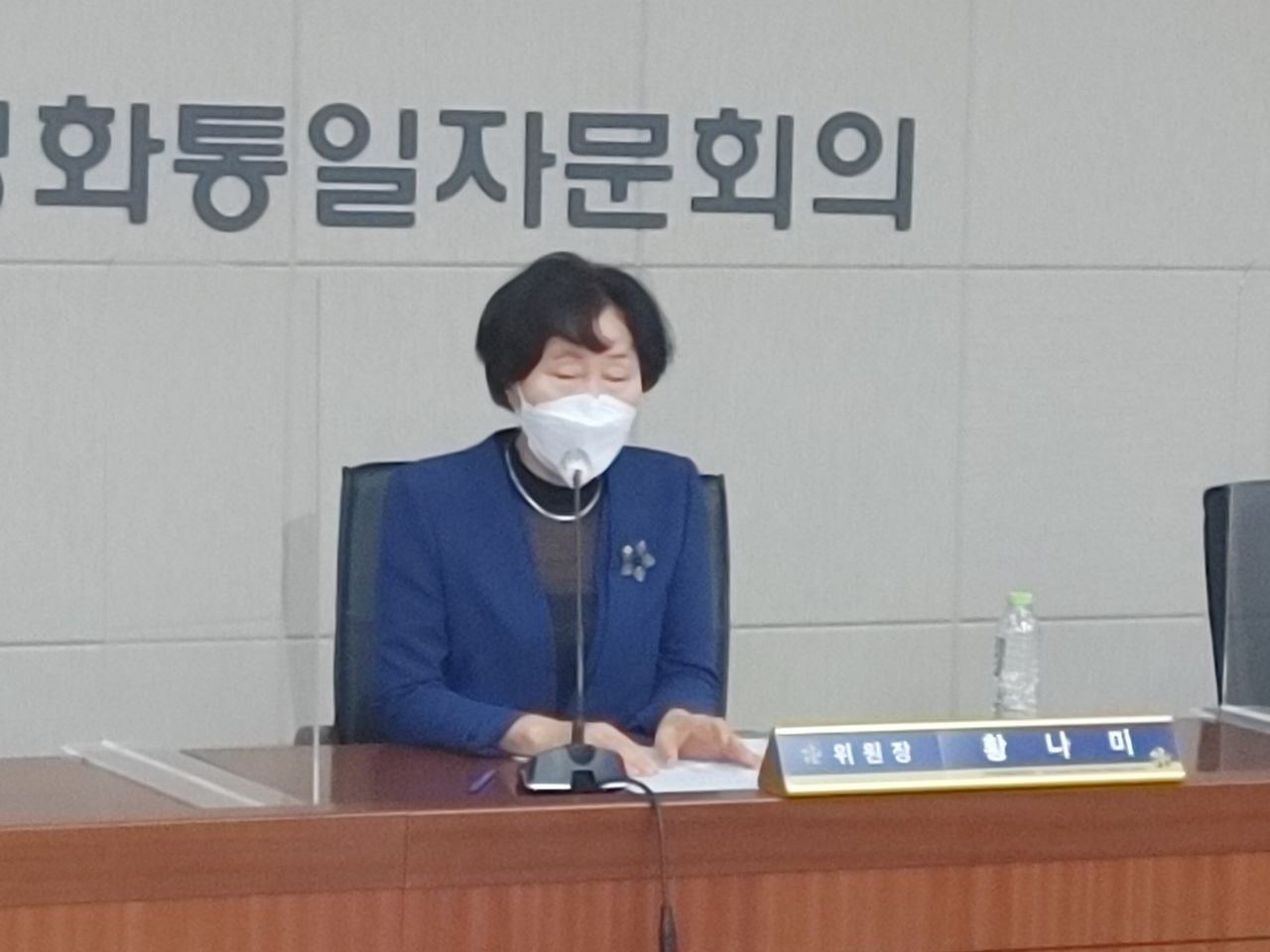
The standing committee chief Hwang Na-mi said, “We are holding this meeting to lay the foundation for inter-Korean health & environment cooperation needed to implement the bold initiative declared by President Yoon Suk-yeol in his congratulatory address on August 15.”
She pointed out that Chairman Kim Jong-un mentioned North Korea’s three major crises that must be dealt with responsibly for the well-being of the people, such as the war crisis, the infectious disease, and natural disasters. She went on to say that they are non-traditional security issues and that humanitarian aid in the public health and environment fields could serve as priming water in the strained inter-Korean relations, asking to work out practical ways to promote inter-Korean exchanges and cooperation.
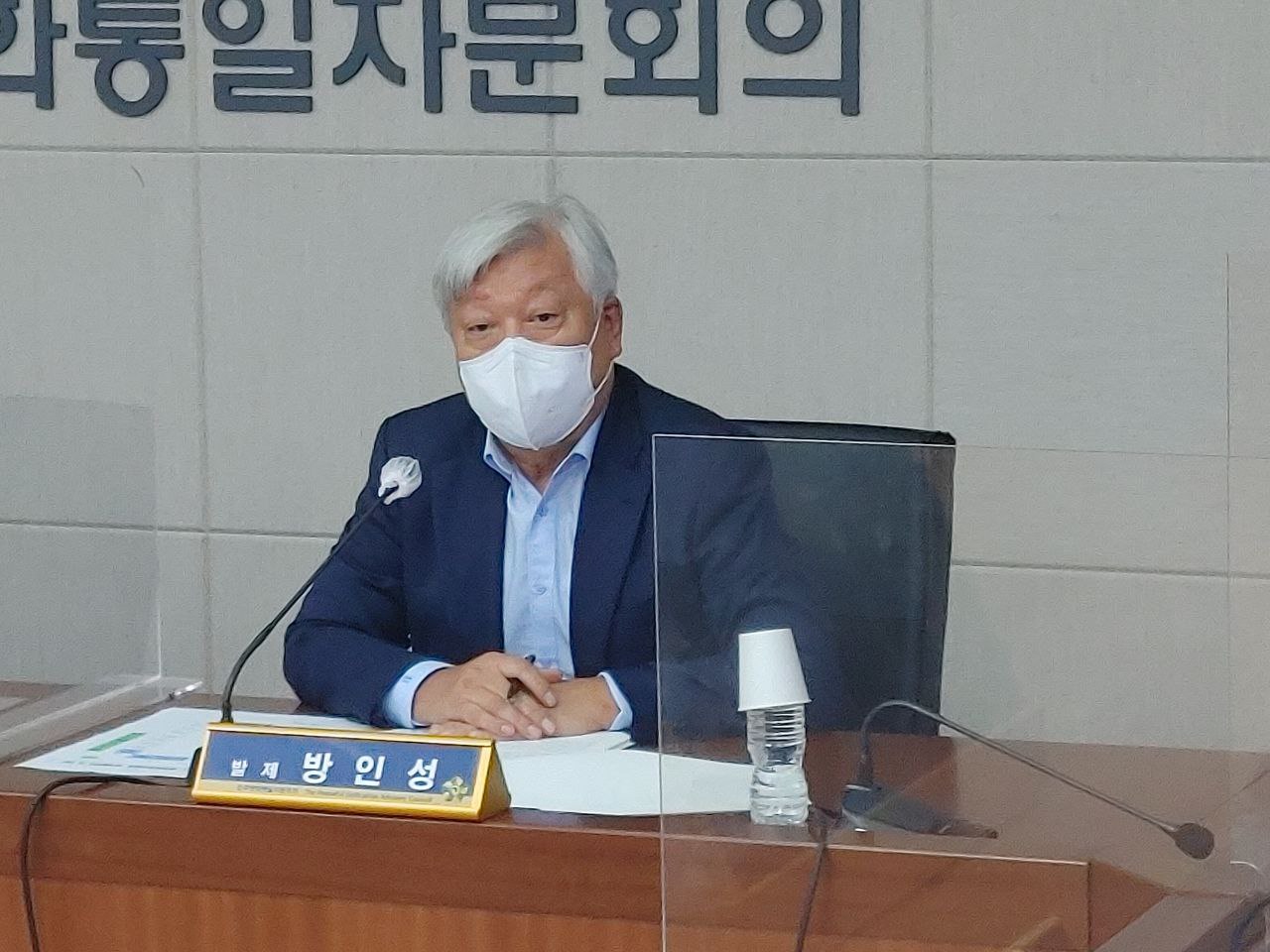
In his presentation, Bang In-seong, chair of the Korea NGO Council for Cooperation with North Korea (KNCCNK) Council of Civil Society for North Korea Cooperation, said that inter-Korean relations had been going through a turbulence recently. As ways to promote the bold initiative, he presented the following: (1) Vitalization of support through (dynamic and creative) private organizations, (2) Formation of a public-private task force for climate crisis response, (3) Establishment of a channel for continuous dialogue between the government and private organizations to seek a new path, and (4) Legislation to promote humanitarian cooperation and establishment of a foundation.
Stressing that we should recognize the experience and expertise of the private sector in carrying out humanitarian cooperation projects, he said that in the midst of the COVID-19 pandemic, the public and private sectors should join forces to establish a comprehensive humanitarian cooperation plan that includes the public health & environment sector in a bid to ensure the positive outcome and sustainability of aid to North Korea.
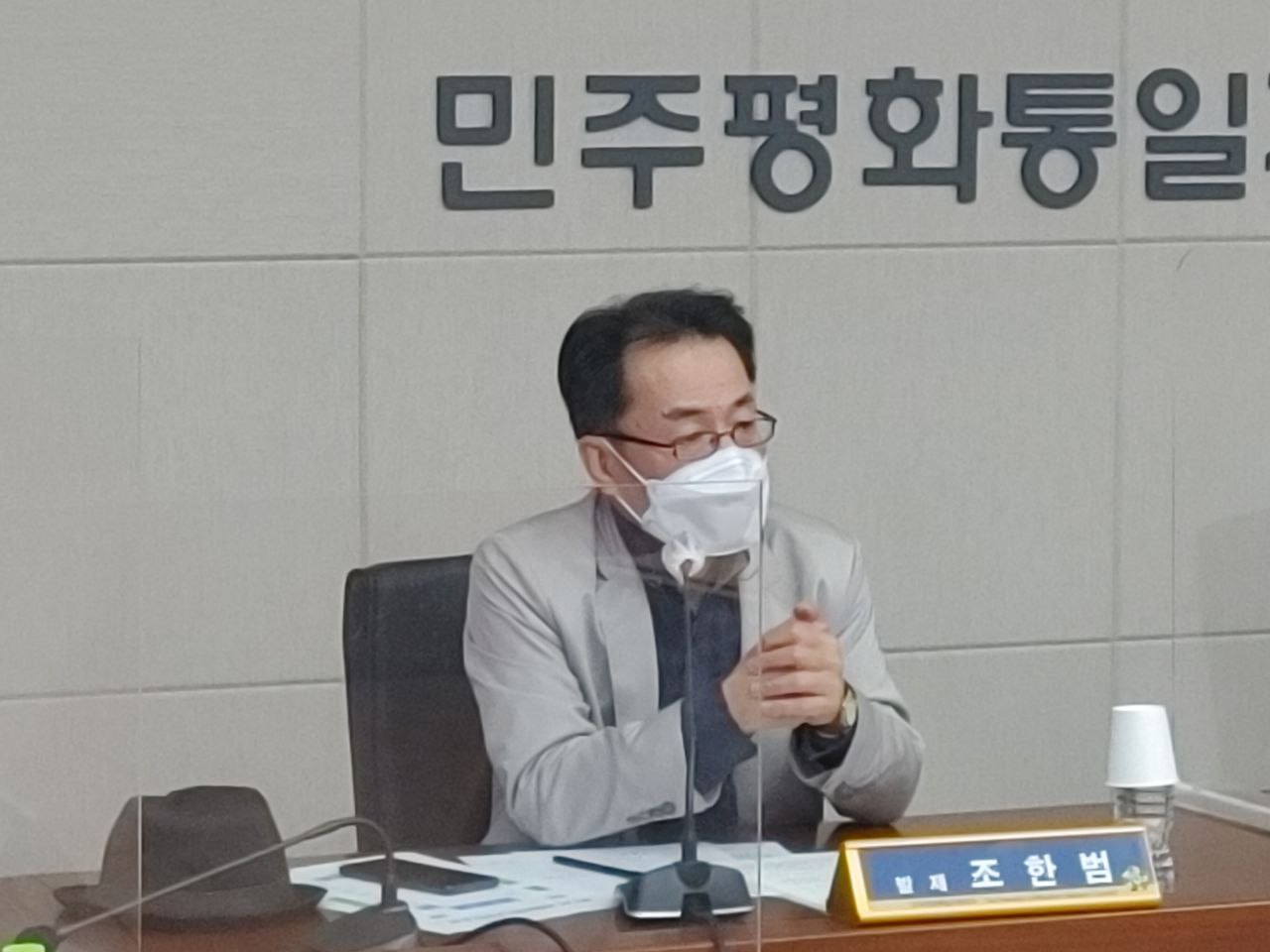
The second speaker, Jo Han-beom, a senior research fellow at the Korea Institute for National Unification, pointed out that North Korea was facing a ‘perfect storm’ due to prolonged sanctions against North Korea, border closures and internal controls related to COVID-19, and repetitive natural disasters and food shortages. As ways to push through the bold initiative, he suggested, (1) Priority implementation of public health & environment cooperation, (2) Turning the border area into a green peace zone, (3) Establishment of the Inter-Korean Joint Committee on Climate Change Response, and (4) Promotion of sisterhood relationship between National Medical Center in Seoul and Pyongyang General Hospital in the North Korean capital.
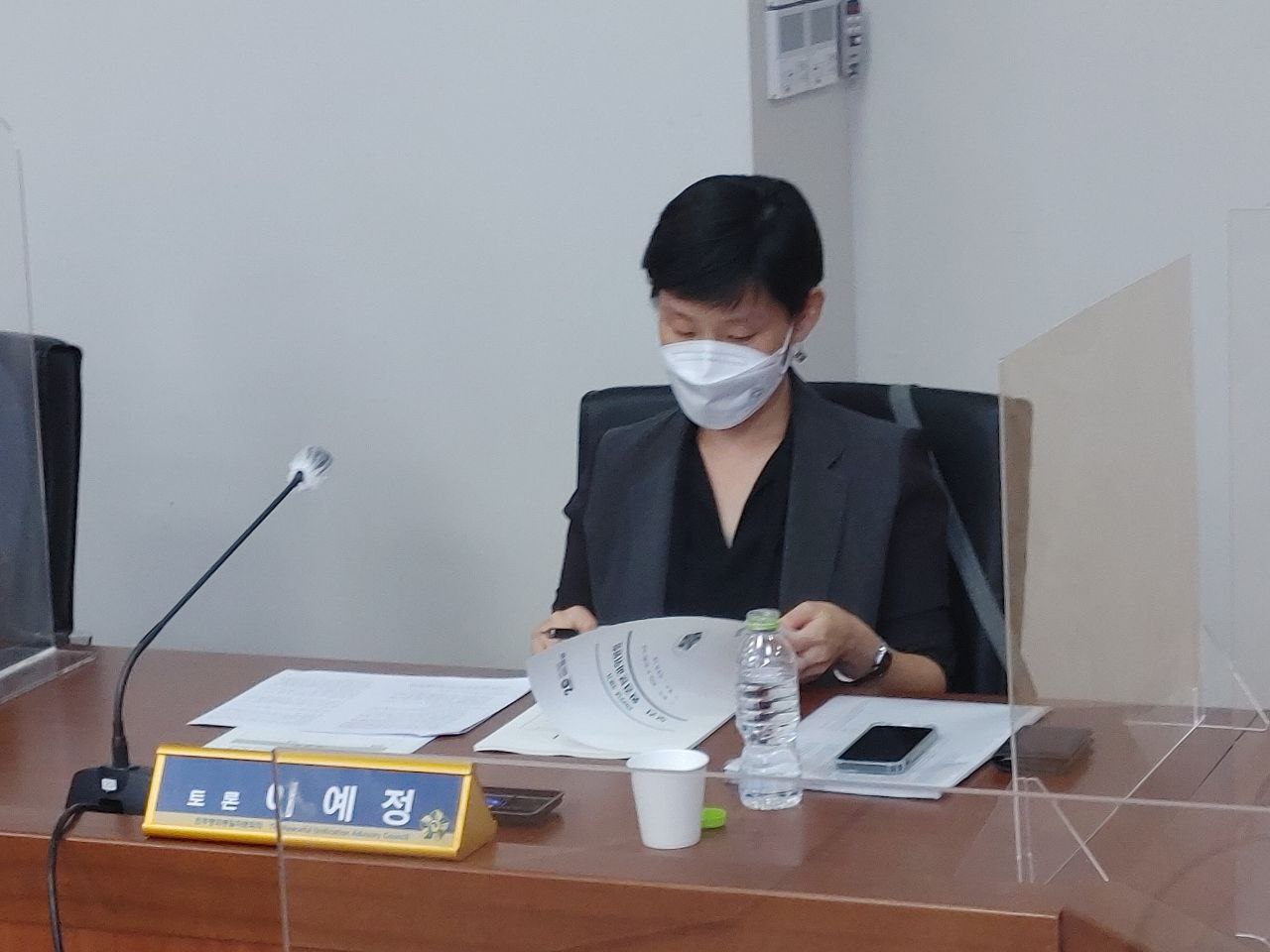
Lee Ye-jeong, director of the Korean Sharing Movement, said that although the ultimate goal of the bold initiative is 'non-nuclear, peace, and prosperity,' the initial measures need to focus on improving the humanitarian situation in North Korea, building trust with North Korea and resuming inter-Korea dialogue. She also suggested a ‘resource-food exchange program on the Korean Peninsula’ and ‘strengthened detour support through the international community’ as initial measures to improve the humanitarian situation in the North while emphasizing preparation for environment and public health cooperation and rebuilding trust between the two sides as mid- to long-term tasks.
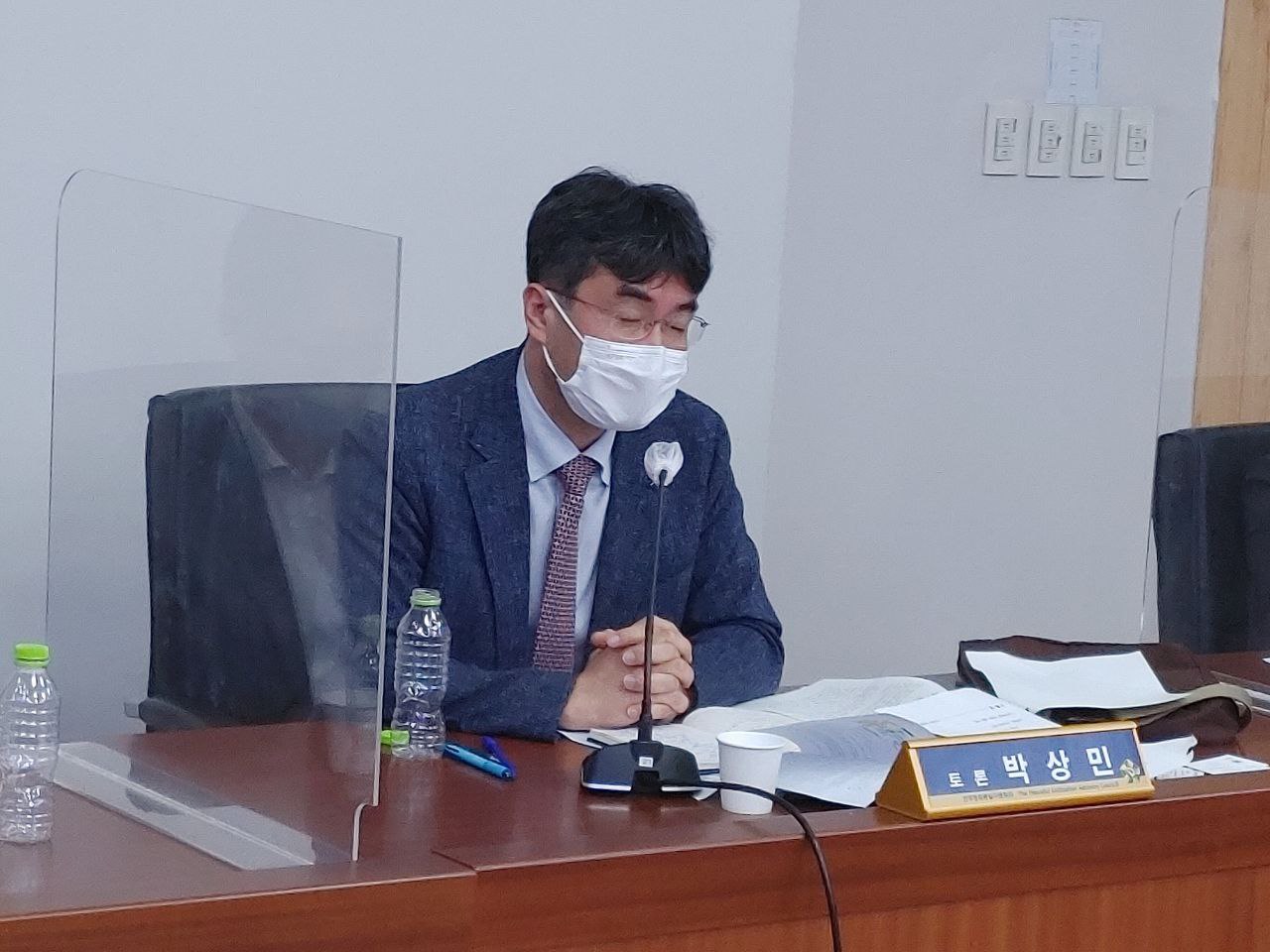
Park Sang-min, a senior professor at Seoul National University College of Medicine, said, “If the two Koreas can create a synergy effect through a sustainable, horizontal research-clinical-industrial cooperation model based on the two important values of health security and the right to life on the Korean Peninsula, the model can be a practical and cooperative threat reduction method that can expand health care and economic cooperation together with the denuclearization of the Korean Peninsula,” proposing that South and North Korea jointly promote research, clinical trials and industrial development in the field of biohealth.
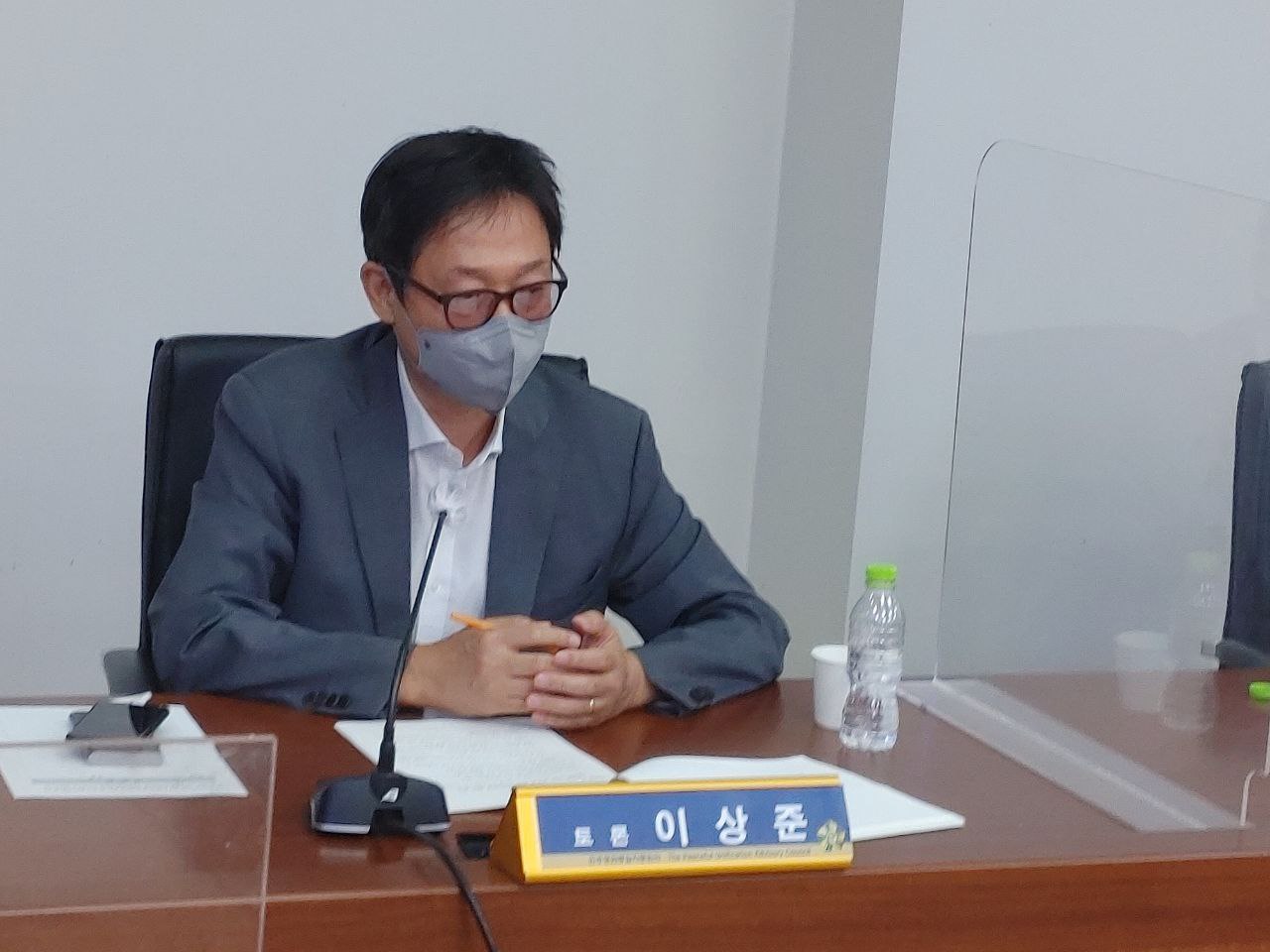
Lastly, Lee Sang-jun, senior research fellow at the Korea Research Institute for Human Settlements, said that a new development paradigm was needed to match the current internal and external environment. To this end, he presented the idea of a virtuous cycle transformation and a sustainable virtuous cycle development paradigm for the Korean Peninsula.
He said that as a concrete measure for the development of a virtuous cycle, Korea should promote the creation of a green peace zone as a ‘life and peace belt’ in three areas (the Path of Peace, the River of Peace, and the Forest of Peace).
Their major opinions include, (1) For humanitarian cooperation, instead of depending on government initiatives, it is necessary to establish a system to expand and spread the activities of inter-Korean private organizations that have close cooperation with the governments, (2) It is necessary to establish a control tower based on a public-private partnership and establish a transparent management system, (3) It is necessary to reorganize relevant laws and systems that can act as a limiting factor in cooperation projects, (4) It is necessary to improve the public health environment and create a foundation for medical service through efforts for reunions of separated families, and (5) It is necessary to promote agricultural technology alliances through technology and human exchanges in the food processing field in connection with agriculture.
Members of the PUAC who participated in the event online and offline are planning to supplement what was discussed at the event by holding a subcommittee meeting for the Health and Environment Sub-committee based on the presentations and discussions made at the event.
-
How satisfied are you with the information you have reviewed?







